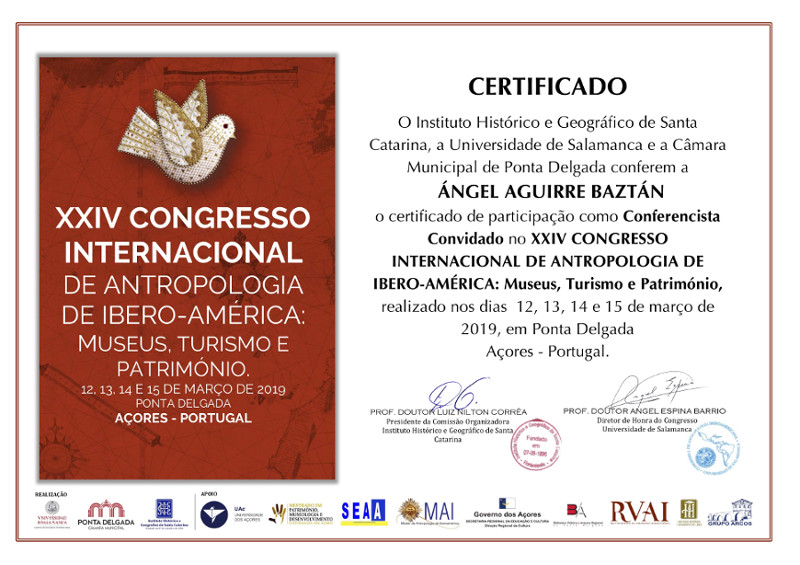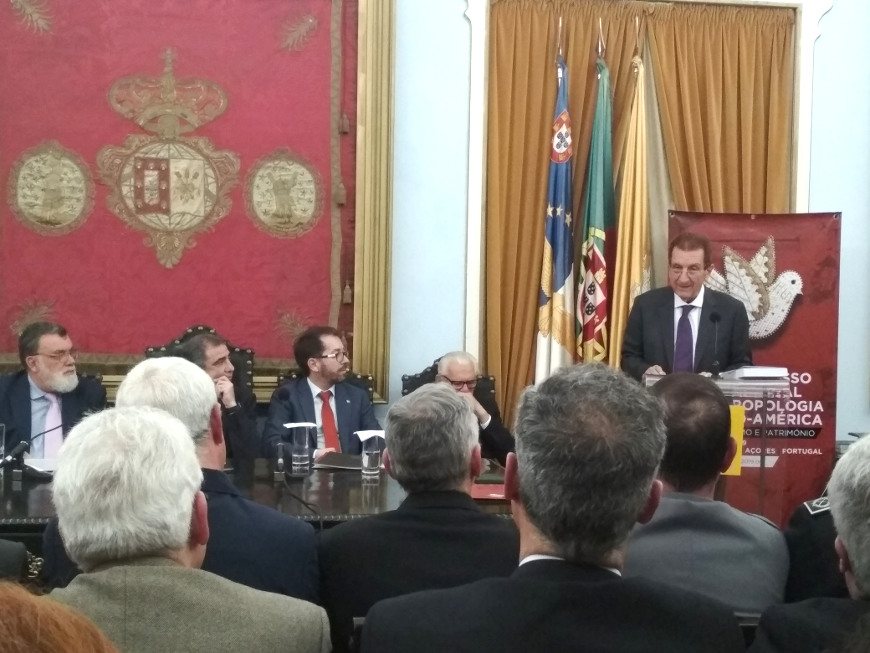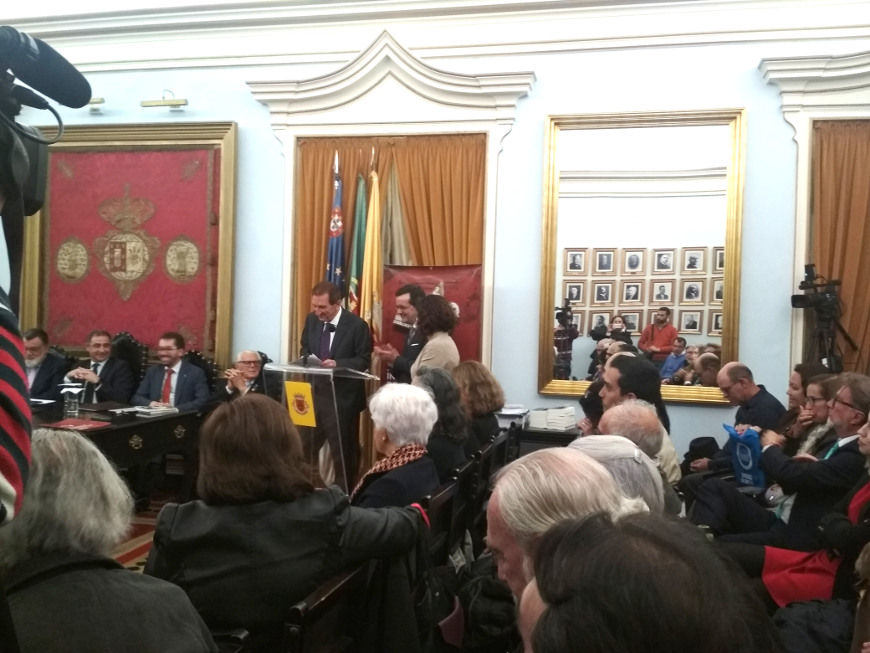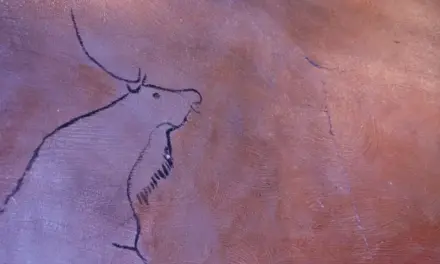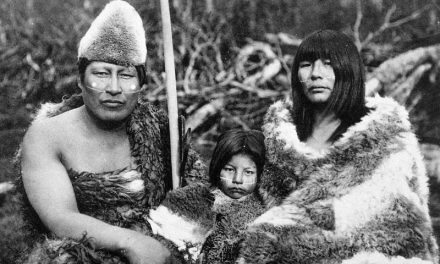
Dr. Ángel Aguirre
Ángel Aguirre, professor emeritus of the University of Barcelona and full academician of the Royal European Academy of Doctors-Barcelona 1914 (RAED), has participated in the 24th International Congress of Anthropology of Ibero-America, held between the past 12 and 15 March in Ponta Delgada, in the Azores Islands. Aguirre presented the work “Turismo y migración: flujos nómadas en la sociedad globalizada” (Tourism and migration: nomadic flows in the globalized society) in a session chaired by the vice-rector of the University of Salamanca, Izaskun Álvarez. The Congress focused on this issue in the analysis of museums, tourism and cultural heritage addressed from an open perspective.
 During the sessions, the academician signed an agreement with the rector of the University of the Azores, João Luís Gaspar, that provides this center with bibliographic funds that broaden the funds of humanistic studies of its library. Likewise, Aguirre presented before the congressmen the new edition of the “Diccionario Temático de Antropología Cultural” (Thematic Dictionary of Cultural Anthropology). A work in which 40 specialists have collaborated under his direction. Among them, also the academicians of the RAED Salvador de Brocà, Josep Gil and Francisco López Muñoz. The book contains 90 articles of which Aguirre himself collaborates as author and is supported by the two already published editions of the “Diccionario temático de antropología” (Thematic Dictionary of Anthropology), also coordinated by Aguirre himself. Of the 40 authors that participate in the book 25 are Spanish and 15 are Ibero-American. The work is part of the Medical Humanities Collection of publishing house Delta Publicaciones, in which the scientific community of the RAED is having an outstanding presence.
During the sessions, the academician signed an agreement with the rector of the University of the Azores, João Luís Gaspar, that provides this center with bibliographic funds that broaden the funds of humanistic studies of its library. Likewise, Aguirre presented before the congressmen the new edition of the “Diccionario Temático de Antropología Cultural” (Thematic Dictionary of Cultural Anthropology). A work in which 40 specialists have collaborated under his direction. Among them, also the academicians of the RAED Salvador de Brocà, Josep Gil and Francisco López Muñoz. The book contains 90 articles of which Aguirre himself collaborates as author and is supported by the two already published editions of the “Diccionario temático de antropología” (Thematic Dictionary of Anthropology), also coordinated by Aguirre himself. Of the 40 authors that participate in the book 25 are Spanish and 15 are Ibero-American. The work is part of the Medical Humanities Collection of publishing house Delta Publicaciones, in which the scientific community of the RAED is having an outstanding presence.
Renowned researcher in various fields of psychology and anthropology, Aguirre has managed to offer this choral work a multidisciplinary character of university dialogue that is divided into almost a hundred areas arranged alphabetically over more than 500 pages. “I can affirm that the themes included in this Dictionary constitute a valuable set of conceptual tools through which we can get to understand man in his sociocultural envelope”, López Muñoz adds in the prologue. “The center of the topics that are addressed here, to find the deep sense of man, where nature complements culture and culture with nature”, he says.
